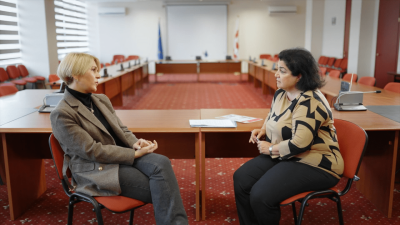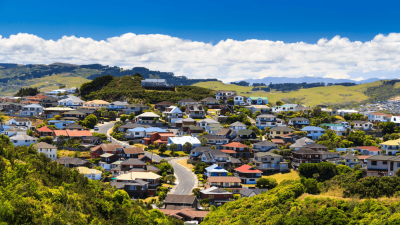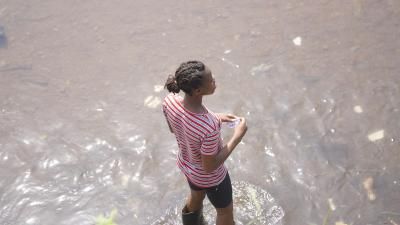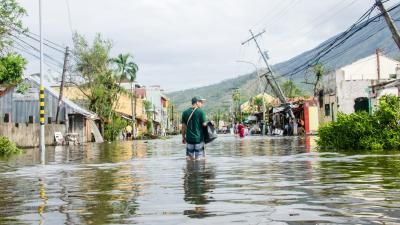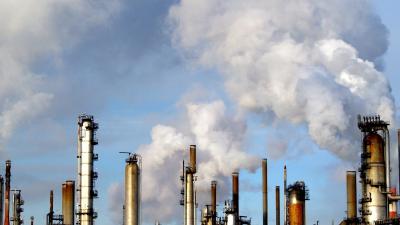A new report by a global safety charity has revealed community and societal resilience in New Zealand has been negatively impacted by recent experiences of disaster. The report also highlighted the number of New Zealanders who have experienced a disaster in the past five years has doubled since 2021.
The findings come from the latest edition of the World Risk Poll Resilience Index, produced by Lloyd’s Register Foundation using data gathered by Gallup as part of the Lloyd’s Register Foundation World Risk Poll. The results are detailed in a new report: ‘Resilience in a Changing World.’ This is the third edition of the Poll and comprises data from 147,000 people in 142 countries on how they experience and perceive risk.
According to the data – collected between July and September 2023 – the percentage of people in New Zealand who have experienced a disaster in the past five years saw a significant rise, with twice as many people saying they have been affected in 2023 as in 2021 (52% vs 26%). This data comes in the context of unprecedented floods that hit Auckland in January 2023 and which became the biggest climatic event in New Zealand’s history.
The report suggests this disaster experience resulted in New Zealanders experiencing a ‘reality check’ effect - where previously high feelings of preparedness and support can be wiped out when a country or community does not fare as well as expected.
Community and societal resilience scores declined sharply in the regions most affected by the floods. In Auckland, community and societal resilience declined by 10 and nine points (on a scale of 0-100) respectively, compared to a decline in national community and societal
resilience scores of seven points for both categories. These scores declined because people reported losing confidence in the support of the government, community, and infrastructure – at a national level, those who said their government did not care ‘at all’ about them and their wellbeing rose from 23% in 2021 to 30% in 2023. However, individual and household resilience levels remained statistically stable, with New Zealand ranking in the top 10 globally for both – above countries including Australia, Canada and Switzerland.
Overall, New Zealand ranked 28 out of 141 globally on the Resilience Index, and 21 out of 41 high income countries.
Nancy Hey, Director of Evidence and Insight at Lloyd’s Register Foundation, said: “The World Risk Poll Resilience Index aims to provide insight for policymakers into how global populations perceive risk and how these risks affect their lives. Our findings will help them work with communities to support them in the face of natural hazards and other potential causes of disaster.
“For residents of New Zealand, flooding is largely responsible for the doubling of experience of disaster since 2021. This may have led to a ‘reality check’ for residents in terms of how prepared they feel for such events, with community and societal resilience particularly negatively affected. But the data is not all negative – on the contrary, household and individual resilience scores remained stable as the country continued to rank in the top 10 globally on both these measures. These differences in scores between different elements of the Resilience Index should give policymakers for a good indication of where to focus efforts to strengthen resilience.”
